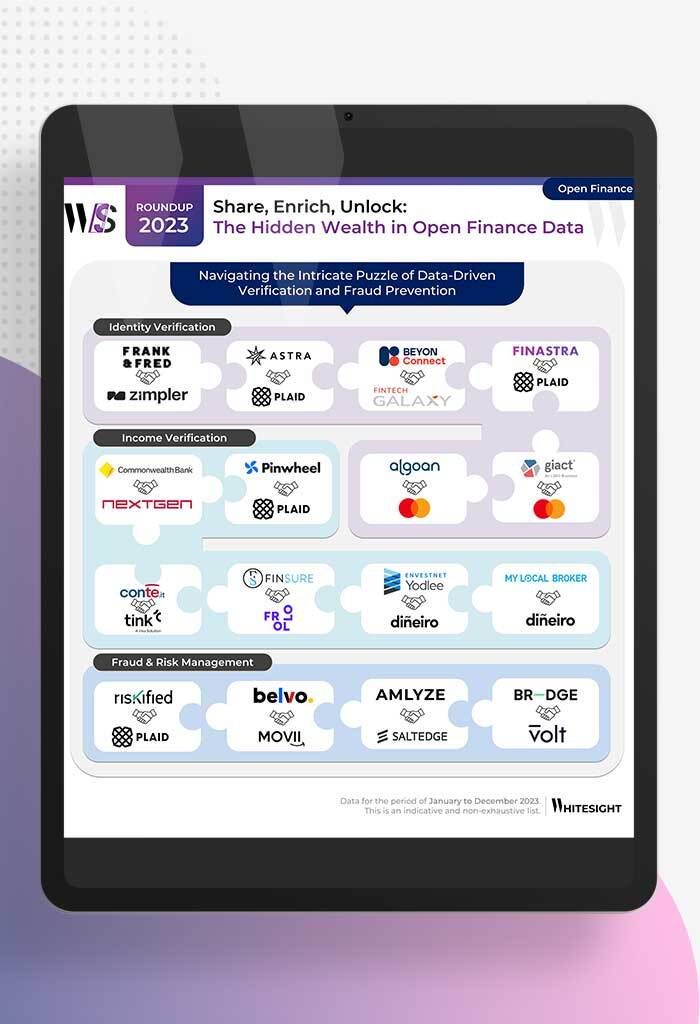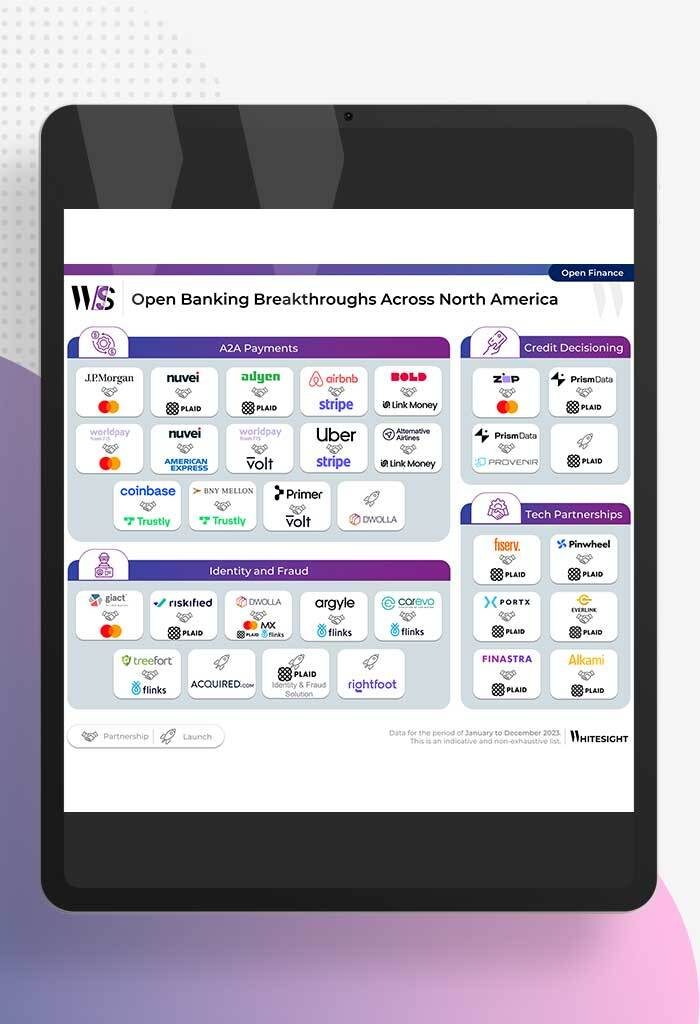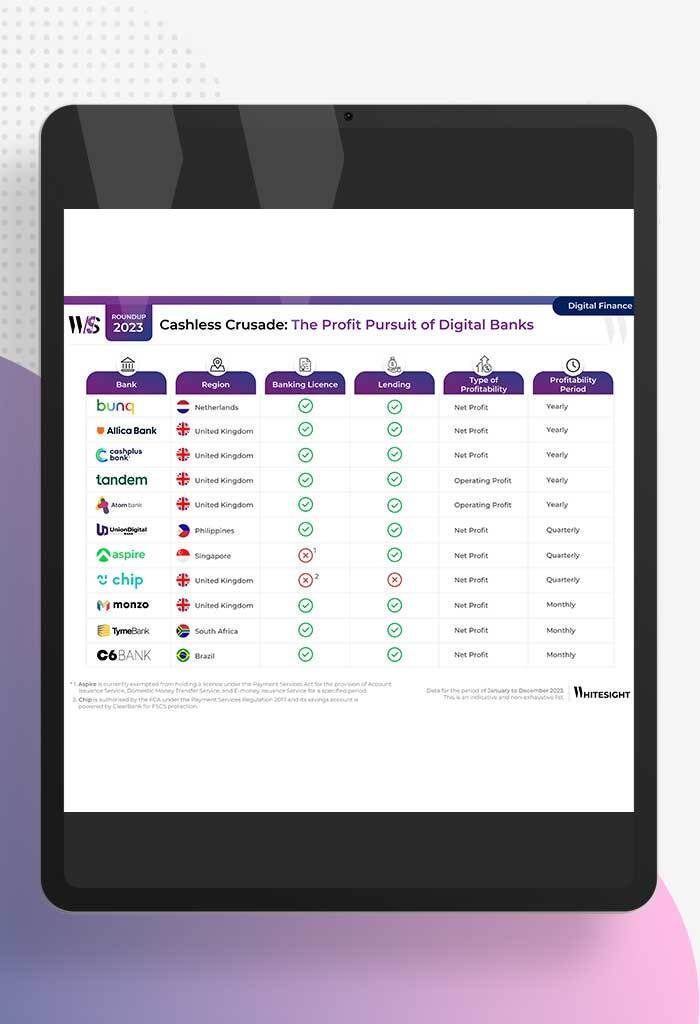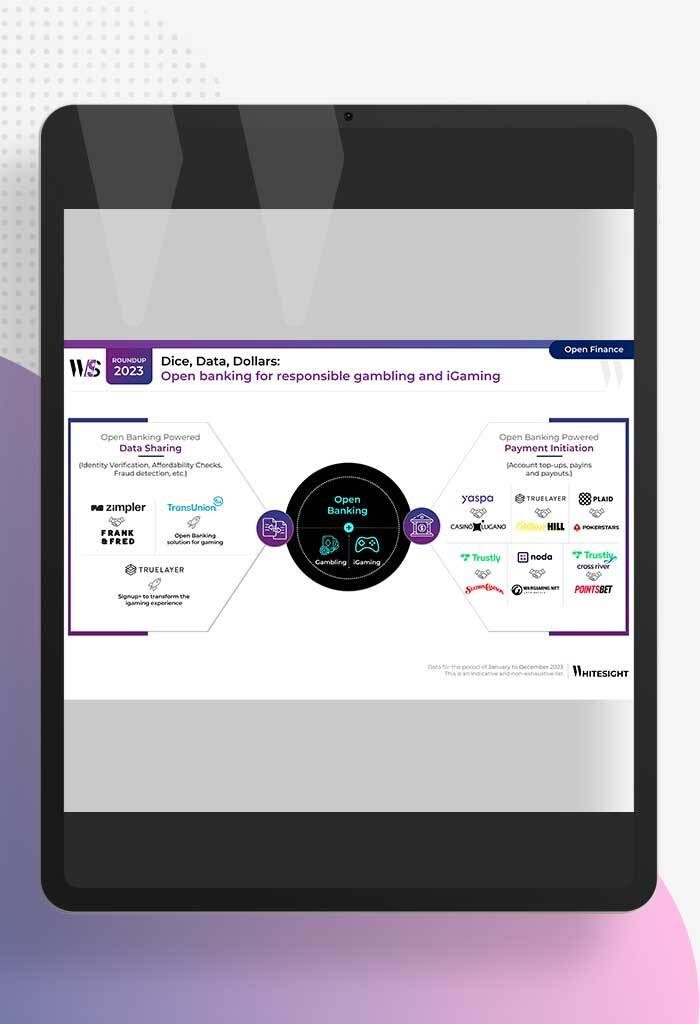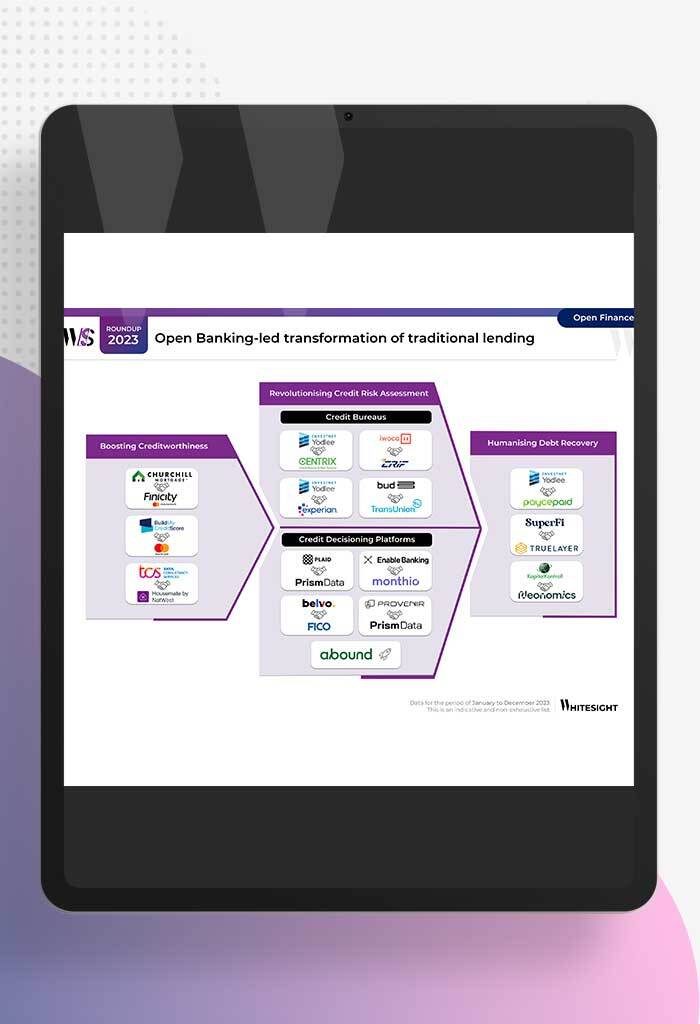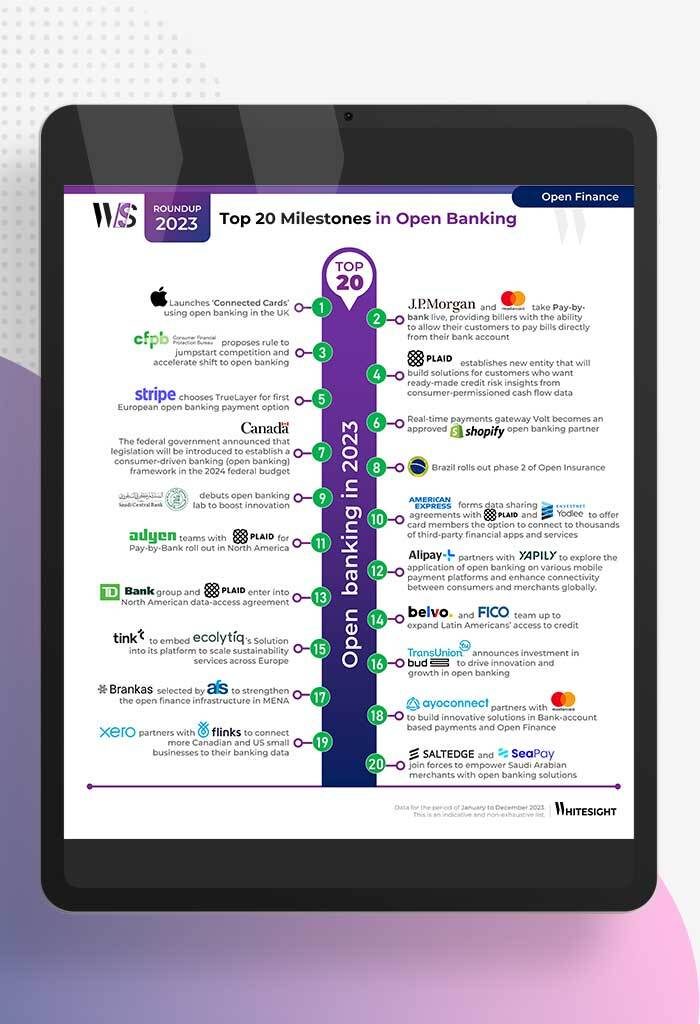Green Cogs in the Corporate Machine: A Business Case for Sustainability
- Afshan Dadan and Anjali Singh
- 7 mins read
- Insights, Sustainable Finance
Table of Contents
With COP27 right around the corner, nations around the world are getting their climate action plans in place. At both international and national levels, the goals set under the Paris Agreement are crucial to combat the climate crisis we face. As a result of this, there have been increasing levels of awareness and reform involving environmental, social and governance (ESG) actions, laws and guidelines.From the consumer angle, especially from the younger generation, there has been an ever-increasing awareness around sustainability – whether it is adopting sustainable practices at an individual level or demanding the same from the people and organisations around them.Between these two fronts sits the protagonist of this piece – the corporates whose actions are critical to moving the needle on sustainability targets. These are the multinational conglomerates, digital platforms, retailers, manufacturers, distributors, small and large businesses that we know as the corporate or institutional sector. They are the primary contributors to a nation’s GDP and, as a result, also a primary driver of carbon emissions. For real climate action to happen, this is the ground zero that needs to be the starting point of nationwide and international sustainability overhaul.Now, you may think – it’s the corporates that […]
This post is only available to members.
Already a subscriber? Log in to Access
Unlock this blog
Gain exclusive access to this blog alone.
Radar Subscription
Select a membership plan that resonates with your
goals and aspirations.
Not Ready to Subscribe?
Experience a taste of our expert research with a complimentary guest account.
We publish new research regularly. Subscribe to stay updated.
No spam.
Only the best in class fintech analysis.
Related Posts
- Kshitija Kaur and Sanjeev Kumar
From Data Streams to Enriched Data Fountains Remember the early days of plumbing? Water flowed freely, but its quality was...
- Samridhi Singh and Sanjeev Kumar
North America’s Open Sesame: Use Cases Bloom Open banking has garnered significant attention in recent years, and at Whitesight, we’ve...
- Samridhi Singh and Sanjeev Kumar
Profitability Unlocked: Licences, Service, and Survival The rise of digital banks has sparked a paradigm shift in how we perceive...
- Sanjeev Kumar and Risav Chakraborty
High stakes in the gambling sector The online gambling industry is booming, with a projected market size of $107.3B by...
- Sanjeev Kumar and Risav Chakraborty
Open Banking-led Transformation of Traditional Lending In 2023, a wave of innovation swept through the lending industry, thanks to several...
- Sanjeev Kumar
Unmasking Open Banking’s Game Changers in 2023 2023 has been a pivotal year in the world of open banking, marked...
